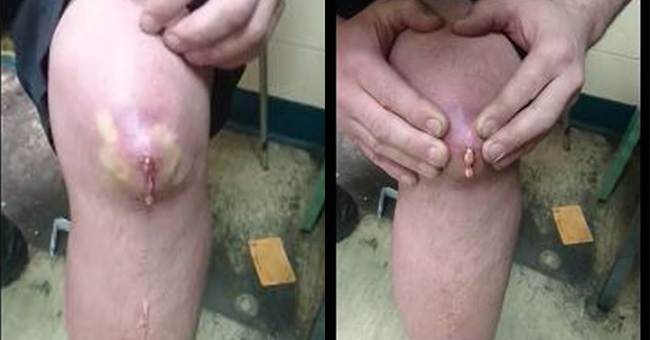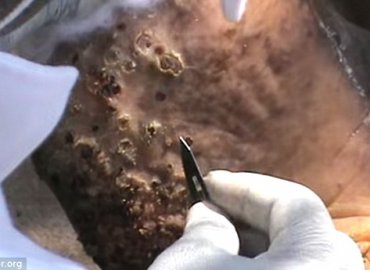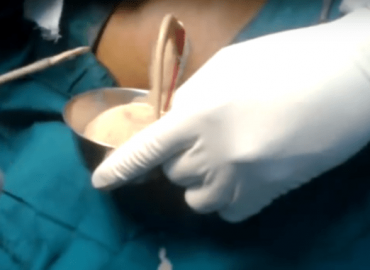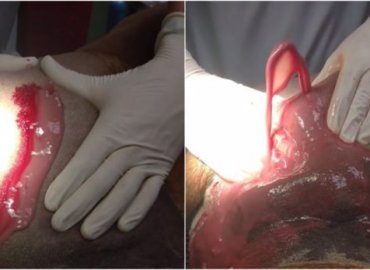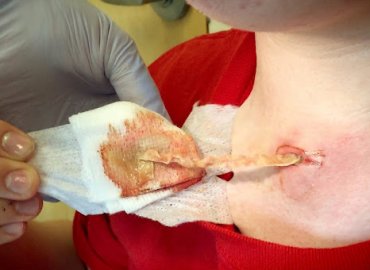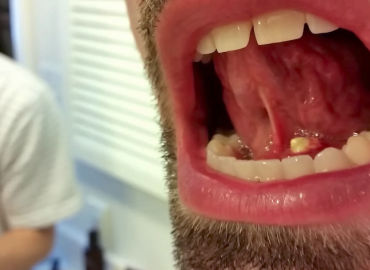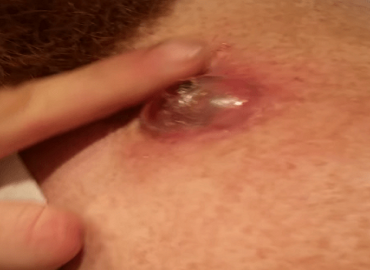Gout is a type of arthritis that causes sudden joint inflammation, usually in a single joint. Severe gout can sometimes affect many joints at once. This is known as polyarticular gout.
What causes gout?
Gout is caused by too much uric acid in the bloodstream and accumulation of uric acid crystals in tissues of the body. Uric acid crystal deposits in the joint cause inflammation of the joint leading to pain, redness, heat, and swelling. Uric acid is normally found in the body as a byproduct of the way the body breaks down certain proteins called purines. Causes of an elevated blood uric acid level (hyperuricemia) include genetics, obesity, certain medications such as diuretics (water pills), and chronic decreased kidney function.
What are risk factors for gout?
There are many risk factors for gout. Gout is more common after surgery, trauma, and dehydration. Certain medications such as diuretics (commonly known as water pills), which treat high blood pressure, that raise the level of uric acid in the bloodstream are risks for gout. Surprisingly, medications that lower the level of uric acid in the bloodstream, such as allopurinol (Zyloprim, Aloprim), can also initially cause a flare of gout. This is because anything that raises or lowers the uric acid level can cause a gout flare by causing uric acid crystals to deposit in a joint. Low-dose aspirin can precipitate gout attacks. The treatment of certain types of cancer can cause gout because of high levels of uric acid released when the cancer cells are destroyed. Degenerative arthritis also makes affected joints more likely to be the site of a gouty attack.
When should gout be treated?
Changes in lifestyle, such as limiting foods associated with gout, should be initiated in anyone who has had gouty attacks. Treatment of gout with medications is necessary when frequent disabling gouty attacks occur, when kidney stones caused by uric acid are present, when there is evidence of joint damage from gout on X-rays, or when tophi are present. Treatment should be individualized to the patient.

